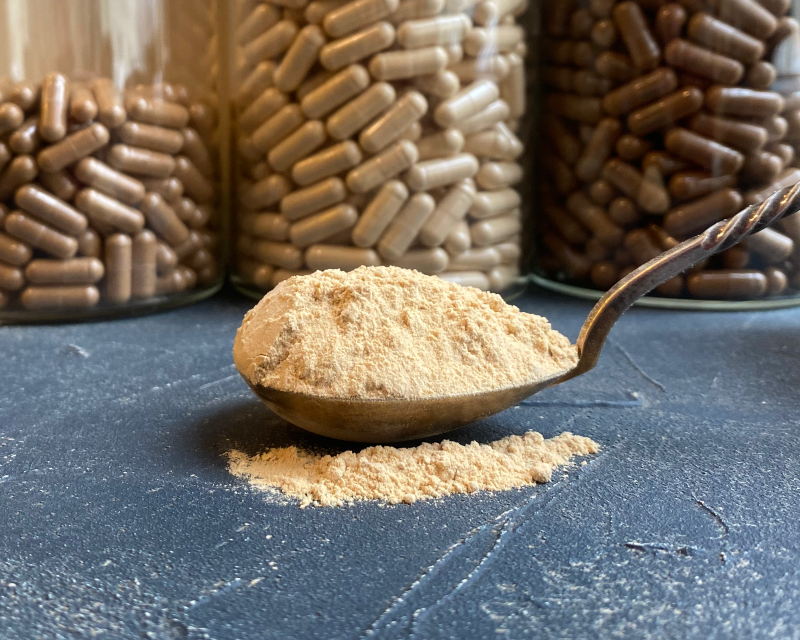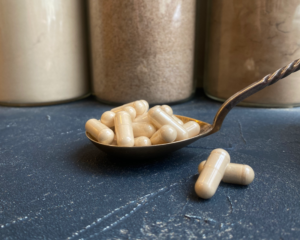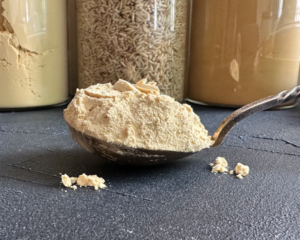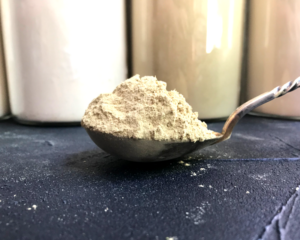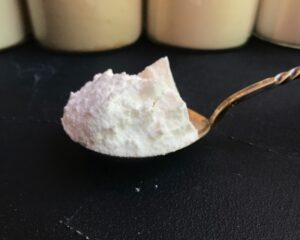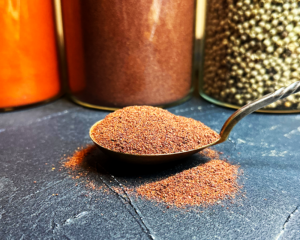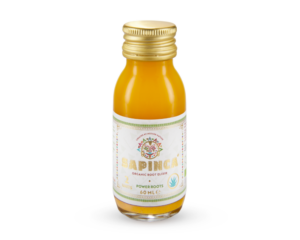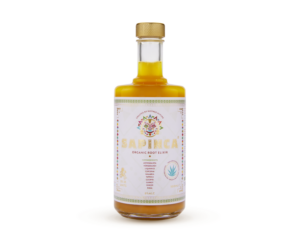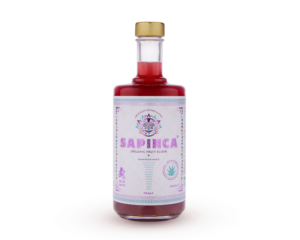Organic Lion’s Mane powder
From 5.40€
Lion’s mane (Hericium erinaceus), a fungus with characteristic white lion’s mane-like bracts, is native to North America, Europe and Asia. They have been used for centuries in traditional medicine systems such as Traditional Chinese Medicine (TCM) and in Mandarin they are called Hou Tou Gu and are highly valued for their health benefits. With a rich history spanning several continents, Lion’s Mane continues to attract growing interest, increasing its promising contribution to health and general well-being. Lion’s Mane mushrooms are high in protein and vitamin D.
Benefits of Lion’s Mane Mushroom in TCM:
1. Cognitive abilities – Lion’s Mane mushroom is often associated with promoting mental clarity and improving memory. It is believed to nourish the Shen (spirit) and Jing (vital essence), tonify the Yin and replenish the Qi (energy).
2. Digestive Health – The liverworts support digestion by promoting Qi balance in the stomach and spleen system. It can help reduce digestive upsets and improve overall gut health.
3. Immunity support – Lion’s Mane strengthens the body’s immune system, helping to protect against disease and maintain overall health.
4. Neurological Benefits – Traditionally, Lion’s Mane has been used to relieve symptoms associated with nervous system disorders, including insomnia and anxiety.
Modern research has focused on the potential benefits of Lion’s Mane mushrooms:
1. Cognitive function – Lion’s Mane mushrooms contain compounds called heritsenones and erinazinsins, whose ability to stimulate nerve growth factor (NGF) production has been studied. NGF is essential for the growth, maintenance and survival of neurons, suggesting that the salmon alveolus may affect cognitive function and help in Alzheimer’s disease and dementia.
2. Nervous system support – Research also suggests that Lion’s Mane may have neuroprotective properties that can help repair damaged nerves and manage diseases such as multiple sclerosis.
3. Anti-inflammatory and antioxidant properties – The mushrooms in lichen are rich in antioxidants that can help fight oxidative stress and inflammation. These characteristics may play a role in reducing the risk of chronic diseases.
4. Digestive health – Studies show that salmonella can support digestion by encouraging the growth of beneficial gut bacteria, which can improve digestion and nutrient absorption.
Attention! Lion’s Mane is generally considered safe when consumed as a food supplement. Allergic reactions are rare, but can still occur. Lion’s Mane can slow blood clotting. Discontinue the use of Lion’s Mane at least 2 weeks before the planned surgery! There is not enough reliable information on whether it is safe to use in pregnant or breastfeeding women. Care should be taken not to use it at this time.
Use: Lion’s Mane can be consumed in a variety of forms, including fresh, dried, powdered or as an extract. Lion’s Mane has a mild taste, making it a versatile ingredient. Get creative in the kitchen by using it to make dishes such as omelettes, pasta sauces or even pizza toppings. Mushroom powder can be added to smoothies, coffee, tea or even sprinkled on dry breakfast or sauces.
The recommended dose is 1 g per day for no longer than 16 weeks.
Sources https://www.drugs.com, https://www.healthline.com
NB! The information provided here should not be interpreted as a recommendation for treatment or other types of health problems. We recommend that you make personal health decisions after evaluating different sources of information.
100% organic Lion's mane
Energy value 1180 kJ / 283 kcal
Protein 20,1 g
Carbohydrates 23,9 g
- of which sugars 3,2 g
Fats 2,8 g
- of which saturated fatty acids 1,2 g
Fibre 41,4 g
Ashes 7,7 g
Salt < 0,1 g
Store in a dry, cool and dark place, tightly closed. Protect from insects and direct sunlight.
Consult your doctor or pharmacist before use.

